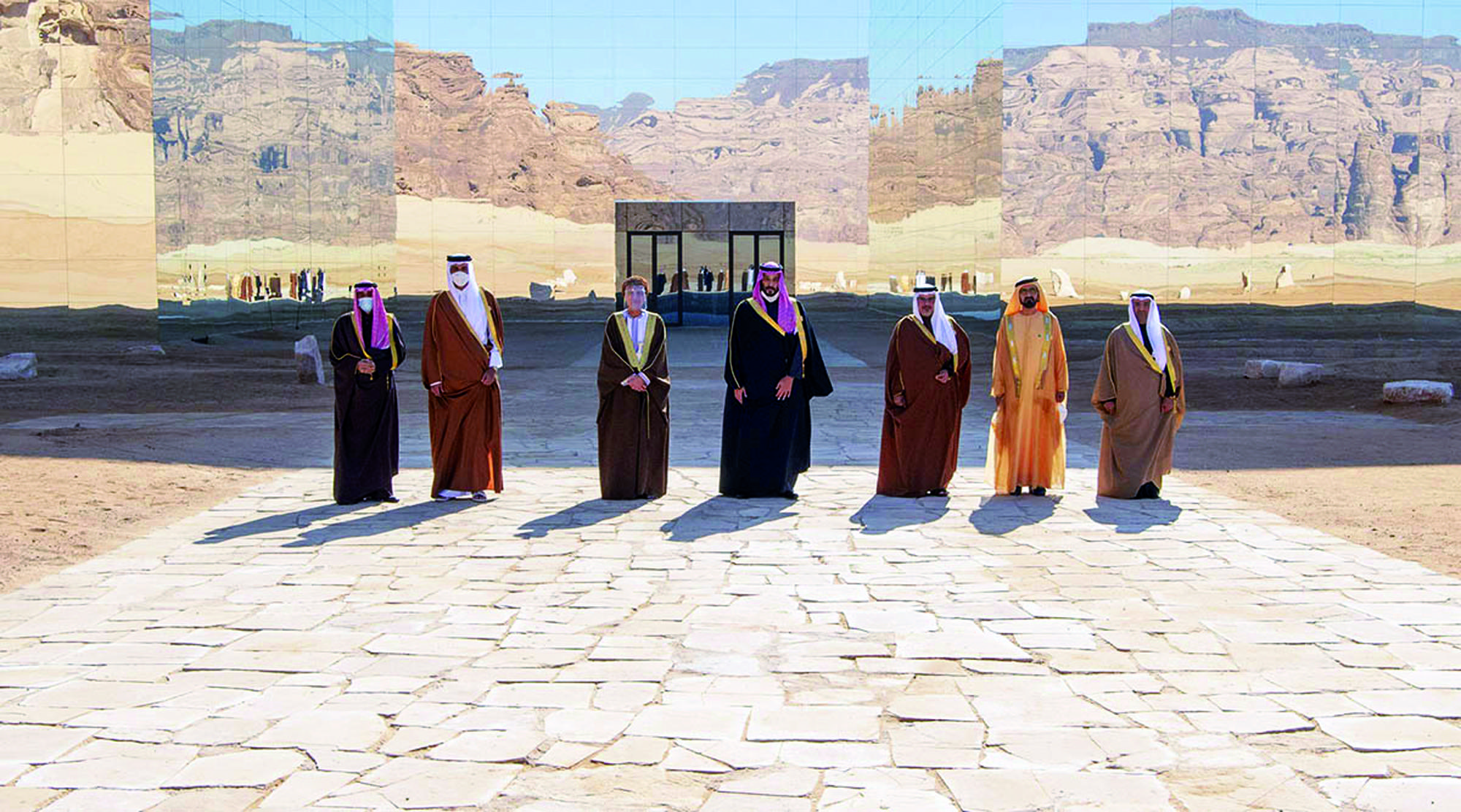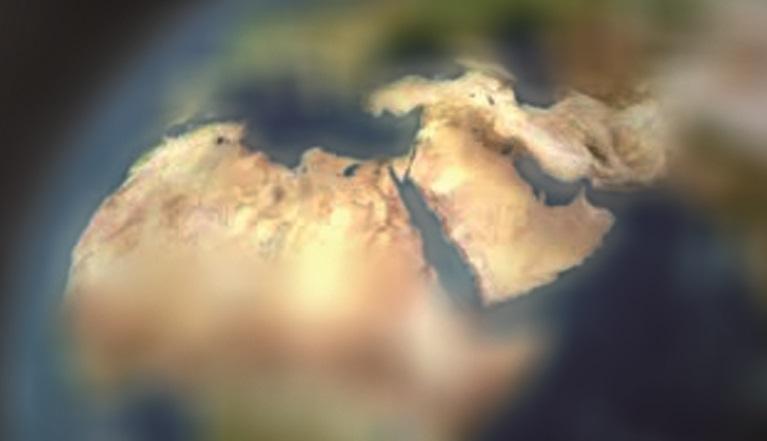ORIENT IV 2015: Regional powers and conflict in the Middle East
Purchase the full Issue here:
26,00 € incl. VAT plus Shipping CostsSelect options This product has multiple variants. The options may be chosen on the product page
Access Issue with Subscription:
Editorial
Dear ORIENT readers,
The countries of the Near and Middle East are confronted with the worst crisis in their recent history. The sustained fighting between an ever more radicalised Sunni uprising in Syria and the merciless minority regime of al-Assad in addition to the continuing bloodshed in Iraq – again Sunni against Shi'a – have caused millions to flee their countries, also afflicting neighbouring countries such as Lebanon and Jordan as well as Turkey and now the EU. The ongoing confrontations have become a struggle for power between Sunni and Shi'a Islam in the region, each supported by other regional powers. The signs of a Russian military intervention in Syria, despite neither the US nor the EU wanting to interfere, point to a sharpening of the military conflict. Also Libya and Yemen experience violent conflict at the moment, indicating that the system of nation states, most prominently created by the Sykes-Picot Agreement, is breaking down. Conflict resolutions are becoming ever more urgent.
This issue of ORIENT will focus on these conflicts. Julien Barnes-Dacey introduces the conflict in Syria and Iraq, the rise of the Islamic State and the different interests represented. Prof. Mohammed Ayoob then delves deeper into the genesis of the regional power balance and the actors involved before Dr. Robert Mason analyses the interests of the US, Russia and the EU. Adam Baron subsequently analyses the Yemeni conflict as one with domestic roots amplified by a regional struggle. Afterwards, Wolfgang Pusztai explains the Libyan civil war and its factions, deriving potential solutions. Prof. Curtis R. Ryan then sheds light on the regional crises’ impact on Jordan, both at the moment and in the past, before Dr. Rayan Haddad explains its impact on Lebanon. Finally, Dr. Florence Gaub examines the multipolar nature of the Middle East’s power balance.
I hope that this latest issue provides you with valuable insights and a variety of perspectives on current conflicts in the region.
Dr. Gunter Mulack
Director of the German Orient-Institute






